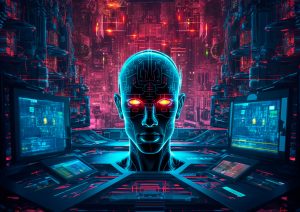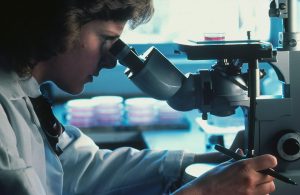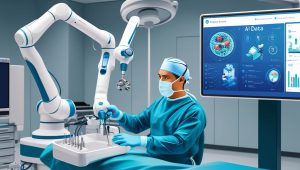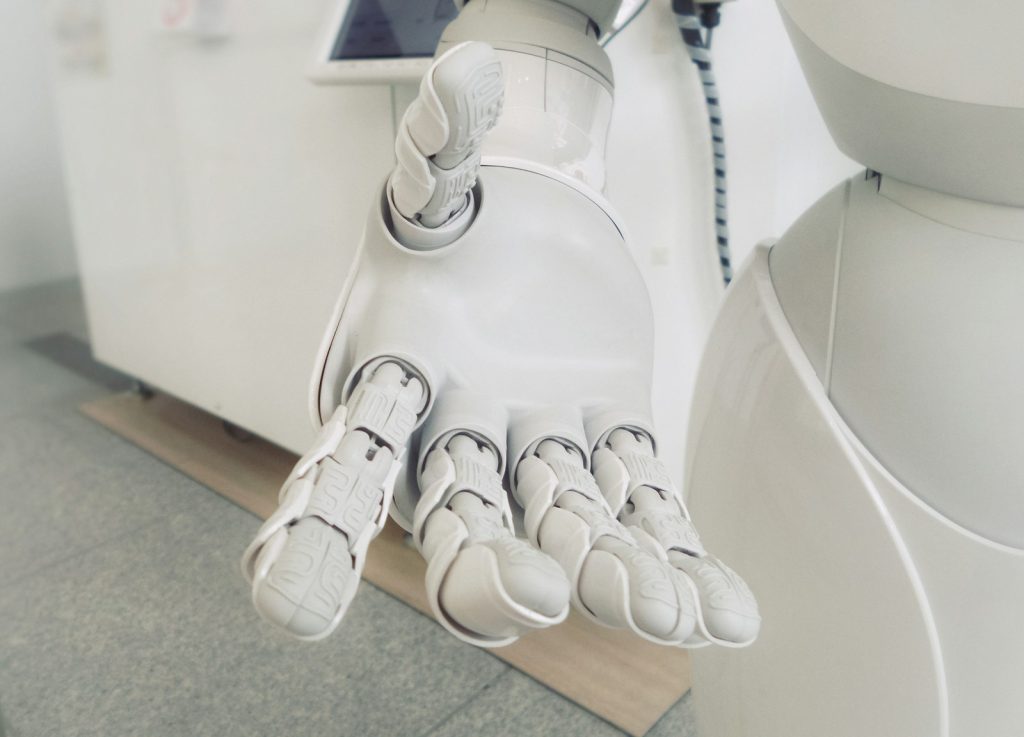
Artificial Intelligence (AI) is transforming nearly every aspect of our lives, but perhaps nowhere is this impact more profound than in healthcare. The intersection of AI and medicine is creating exciting new possibilities for improving patient outcomes, enhancing efficiency, and even saving lives. But how exactly is AI changing healthcare today, and what does the future hold? In this blog, I’ll take you through the current applications and future prospects of AI in healthcare, showcasing why this is a topic that deserves your attention.
Table of contents
The Growing Impact of AI on Healthcare
AI has long been part of science fiction, but today, it’s very much a part of reality. In healthcare, AI is being used in ways that were unimaginable just a few years ago. From diagnostic tools that can detect diseases with stunning accuracy to robots assisting in surgery, AI is helping doctors make better decisions and improving the overall quality of care. And we’re just scratching the surface of what’s possible.
Why Is AI in Healthcare So Important?
The healthcare industry is under tremendous pressure. Populations are aging, chronic diseases are on the rise, and healthcare costs continue to soar. To meet these challenges, the industry needs innovative solutions. AI offers a way to enhance efficiency, accuracy, and patient outcomes while potentially lowering costs.
By leveraging vast amounts of medical data, AI algorithms can find patterns and make predictions that would be difficult, if not impossible, for humans to identify. This ability to process and analyze data quickly and effectively opens up new avenues for diagnosis, treatment, and even prevention.
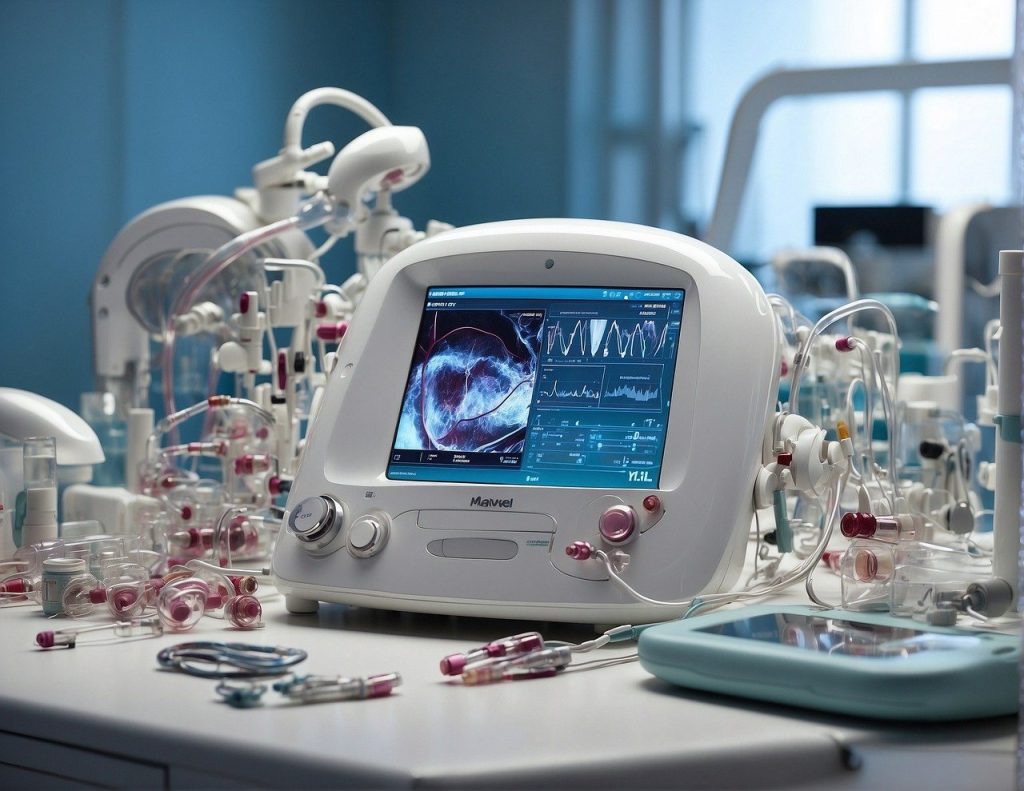
Current Applications of AI in Healthcare
AI is already making waves in several key areas of healthcare. Here are some of the most exciting current applications:
1. AI-Powered Diagnostics
One of the most promising applications of AI is in diagnostics. AI algorithms can analyze medical images, lab results, and patient records to help doctors diagnose conditions more accurately and at an earlier stage. For example:
- Radiology: AI can scan and interpret medical images like X-rays, MRIs, and CT scans, sometimes with greater accuracy than human radiologists. Studies have shown that AI can detect early signs of cancers, such as breast cancer, with impressive accuracy.
- Pathology: AI systems can analyze tissue samples and identify diseases at the cellular level, speeding up diagnosis and improving treatment plans.
- Predictive analytics: AI can analyze patient data to predict which individuals are at high risk for diseases like heart disease or diabetes before symptoms appear.
2. Robotic Surgery
Robotic surgery, powered by AI, is another groundbreaking development. These systems allow surgeons to perform minimally invasive procedures with incredible precision.
- Da Vinci Surgical System: Perhaps the most well-known example, this system assists in a variety of surgeries, such as prostatectomies and cardiac valve repair. It provides enhanced visualization and control, allowing for more precise movements that reduce recovery times and lower complication rates.
- AI-enhanced decision-making: AI tools can analyze preoperative data to suggest the best surgical approach, reducing errors and improving outcomes.
3. Virtual Health Assistants and Chatbots
AI-powered chatbots and virtual health assistants are providing patients with immediate healthcare guidance and support, helping to reduce the load on healthcare professionals.
- Symptom checkers: Apps like Ada and Babylon Health use AI to ask patients questions about their symptoms and provide a preliminary diagnosis or suggest whether they need to see a doctor.
- Patient management: AI can handle routine tasks such as scheduling appointments, reminding patients to take medications, or monitoring chronic conditions like diabetes. This frees up healthcare professionals to focus on more complex cases.
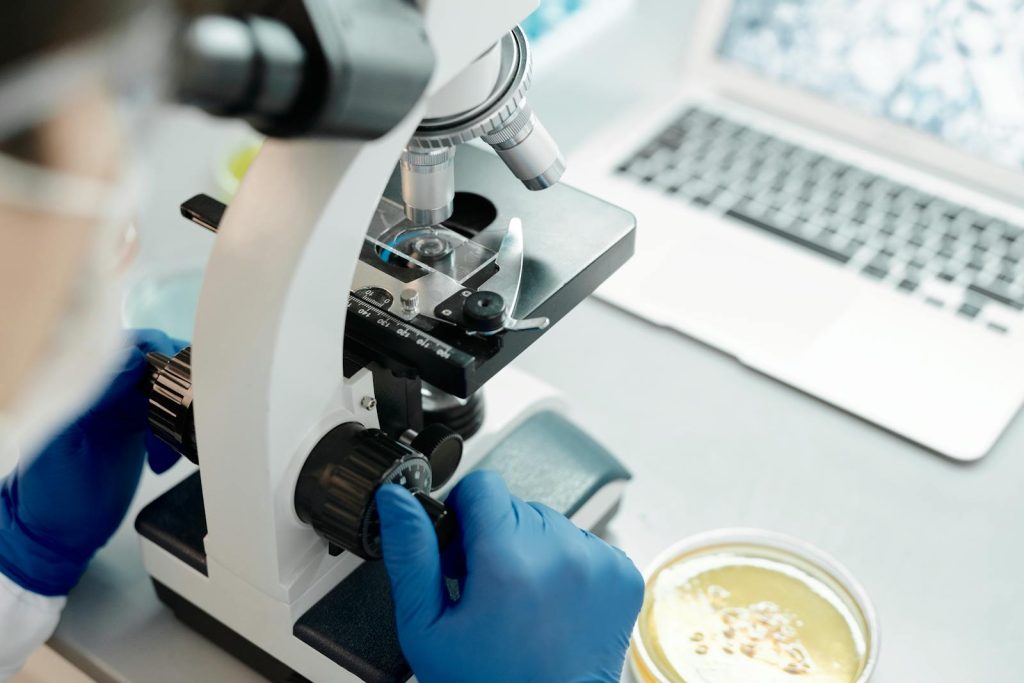
4. Drug Discovery and Development
AI is revolutionizing the way we develop new drugs. Traditional drug development is a lengthy and costly process, often taking years and billions of dollars to bring a single drug to market. AI is speeding up this process by identifying potential drug candidates faster and more efficiently.
- Molecule identification: AI can sift through millions of molecules to find those that might have the potential to become new drugs, shortening the discovery phase from years to months.
- Clinical trials: AI can also optimize clinical trials by identifying suitable candidates and predicting how different populations might respond to new drugs.
5. Personalized Medicine
Perhaps one of the most exciting developments is the rise of personalized medicine, where AI is used to tailor treatments to individual patients based on their genetic makeup, lifestyle, and medical history.
- Precision treatments: AI can analyze a patient’s unique genetic data to recommend specific treatments that are most likely to be effective, minimizing trial-and-error approaches.
- Predictive models: AI can build models that predict how patients will respond to treatments, improving the chances of success and reducing the likelihood of adverse effects.
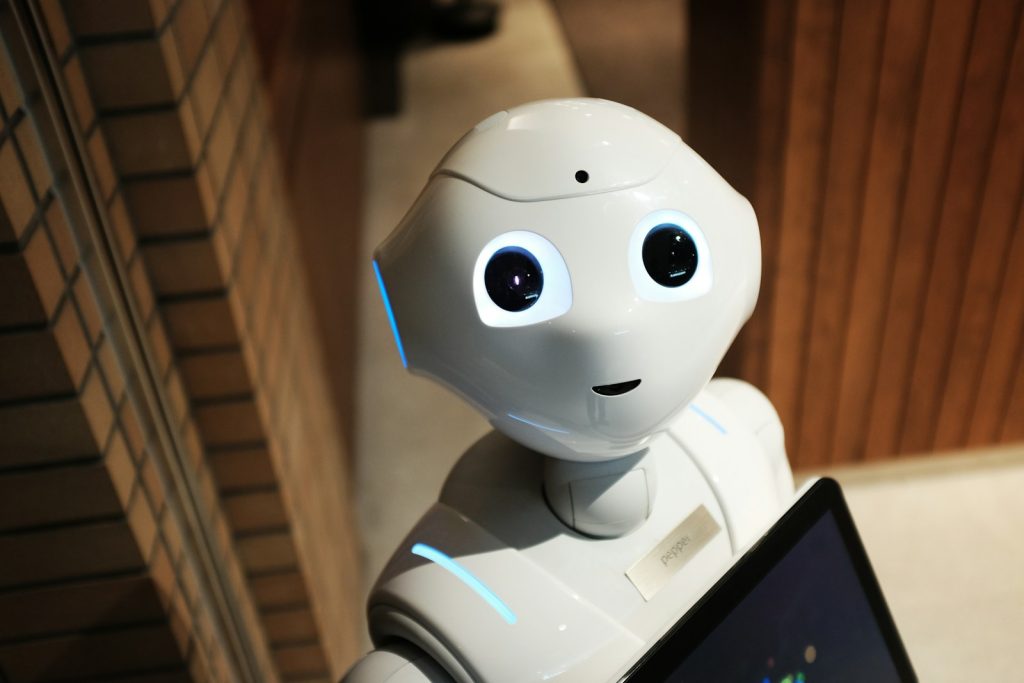
The Future of AI in Healthcare: What’s Next?
While the current applications of AI are already transformative, the future holds even more promise. Here’s a glimpse of what lies ahead:
1. AI and Preventive Healthcare
The future of healthcare could shift from a focus on treating illness to preventing it. AI’s ability to analyze vast datasets can help identify at-risk individuals and intervene early, before conditions become serious. Imagine an AI system that continuously monitors your health through wearable devices and provides real-time feedback to help you make healthier choices.
2. AI in Mental Health
Mental health is an area ripe for AI intervention. AI-powered apps and platforms can help identify mental health issues early on, provide virtual therapy, or offer personalized coping strategies. Some AI tools are already showing promise in detecting conditions like depression and anxiety based on speech patterns and behavior analysis.
3. AI and Genomics
The combination of AI and genomics could unlock personalized healthcare at an unprecedented level. By analyzing a person’s genome, AI can predict not only disease risks but also the best lifestyle choices and treatments to prevent and manage those risks. This could lead to highly customized health plans, revolutionizing how we approach wellness and disease prevention.
4. AI-Assisted Decision-Making for Healthcare Providers
In the future, AI will become an even more integral part of the decision-making process for healthcare providers. AI systems could provide real-time insights during surgeries, suggest treatment plans, or predict potential complications, allowing doctors to make more informed choices and improve patient outcomes.
5. Global Health Impact
AI has the potential to extend healthcare to underserved populations. AI-powered diagnostics and virtual care can be deployed in remote areas where access to healthcare professionals is limited, improving global health outcomes.
Embracing AI in Healthcare for a Better Tomorrow
As we’ve seen, AI is revolutionizing healthcare in numerous ways, from improving diagnostics and assisting in surgeries to driving drug discovery and enabling personalized medicine. The potential benefits are vast: better patient outcomes, more efficient healthcare systems, reduced costs, and even the possibility of preventing illness before it starts.
However, as with any technology, there are challenges to overcome. Data privacy, regulatory hurdles, and the need for collaboration between tech companies and healthcare providers are all important considerations as AI continues to evolve in this space.
For those of us who care about the future of healthcare, it’s clear that AI is a powerful tool that can improve lives. Whether you’re a patient, a healthcare professional, or simply someone interested in the future of medicine, AI is a development worth watching closely.
As AI continues to develop, I encourage you to stay informed and be open to the changes it brings. The future of healthcare is here, and AI is leading the way.
What are your thoughts on AI’s role in healthcare? Are you excited about its potential, or do you have concerns? Let’s discuss in the comments below!
